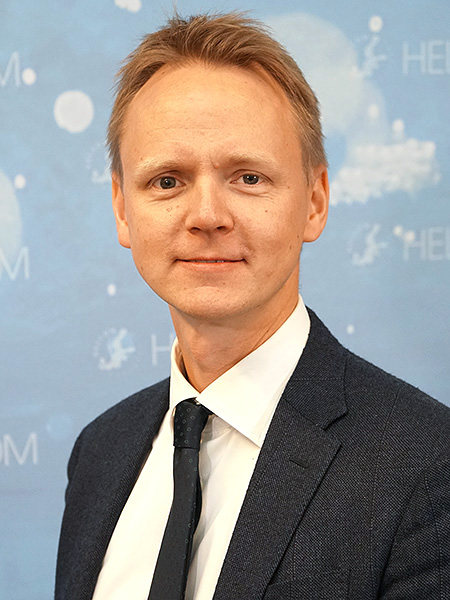Baltic SIREN
Spread, Impact, Relevance and Establishment of Non-indigenous species in the Baltic Sea
Background
The introduction of Non-indigenous species (NIS) has been identified as a significant pressure on the Baltic Sea ecosystem in both the 2018 and 2023 Holistic Assessment of the state of the Baltic Sea (HOLAS 3). Recent indicator evaluations highlight that the new NIS arrivals continue in the Baltic Sea, with around 20-30 new arrivals per decade.
The continued introduction of NIS is a global concern, raising two critical questions. First, will these new arrivals become established and spread? If established, can they catalyze ecosystem-level impacts, potentially leading to economic consequences in certain instances? Understanding these factors is crucial for both ecosystem health and policy development, particularly for many key policy initiatives such as the HELCOM Baltic Sea Action Plan (BSAP) and the EU Marine Strategy Framework Directive (MSFD).
A critical knowledge gap exists for several key issues related to regional NIS management in the Baltic Sea. Basic information is still missing on the extent of NIS spread, their rate of establishment, and their associated environmental and socio-economic impacts. The Baltic SIREN project aims to compile the available national and published data sources to draw conclusions and offer suggestions for improved monitoring, assessment, and management at the regional level.
Objectives and approach
Staff employed at the HELCOM Secretariat to carry out the project will focus on gathering data from regional and national sources, as well as from other literature sources. The data will be rationalized and reviewed, before exploring regional-scale analyses suitable to evaluate NIS introductions, establishment, spread, and impacts in the Baltic Sea. The data available, methodology applied, and results derived will be presented in the form of reports that address the major chapters of HELCOM indicator reports. In addition, short recommendations on future developments to enhance the evaluation of these aspects will also be produced.
Project partners
The HELCOM Secretariat, guided by relevant regional Expert and Working Groups, and project partners, will lead this project, including data collection and report drafting. National experts from Denmark (Aarhus University), Estonia (University of Tartu), Finland (Finnish Environment Institute), Lithuania (Klaipeda University), Poland (University of Gdansk) and Sweden (Swedish Agency for Marine and Waters Management) will also contribute to the project. The HELCOM/OSPAR Joint Expert Group on NIS (JEG NIS) as well as the HELCOM Sea-based Pressures Working Group will act as reviewers of the project work.
Funding
Funding is provided by the Nordic Council of Ministers (Nordic Working Group for Oceans and Coastal Areas).
Contact

Markus Helavuori
HELCOM Deputy Executive Secretary,
Professional Secretary
markus.helavuori@helcom.fi
+358 40 162 6520

Gastón Alurralde
HELCOM Project Researcher
gaston.alurralde@helcom.fi
